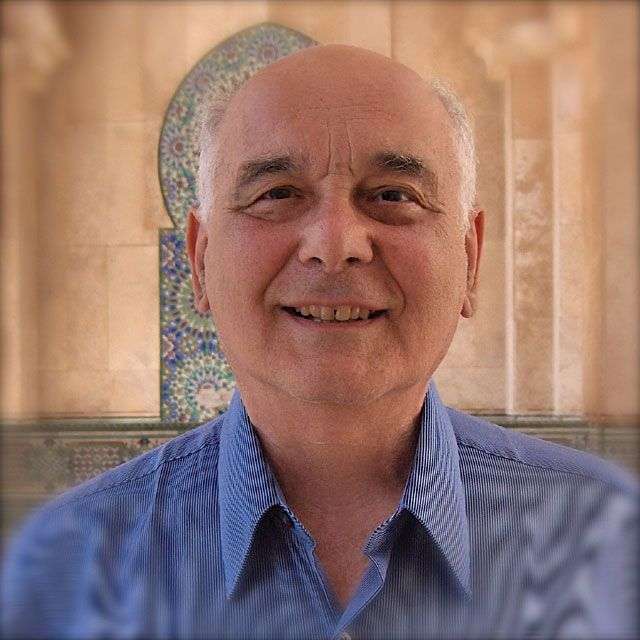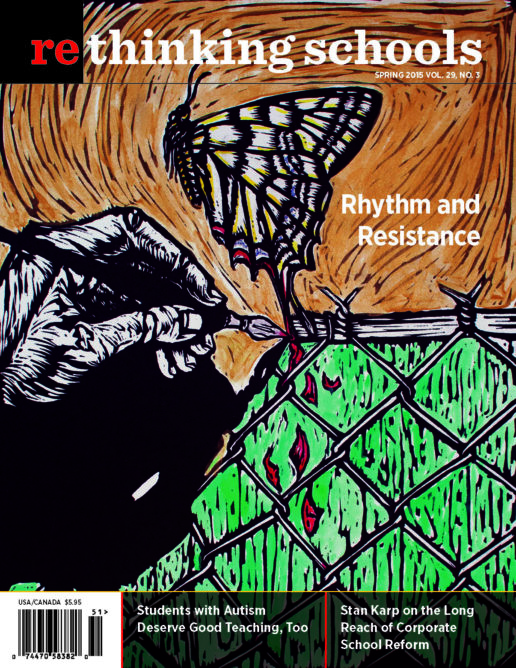Remembering Harold Berlak

This past January, our nation lost an outstanding fighter for educational justice. Harold Berlak died at age 83 at home in Oakland, California, of congestive heart failure.
The son of immigrant parents, Berlak grew up in Somerville, Massachusetts, during the Depression. He taught junior high social studies and science before getting his doctorate at Harvard. He was a teacher, researcher, and activist. He defended the craft of teaching at a time of increasing infatuation with data, tests, and all things private.
I first met Harold when he and his wife, Ann, invited me to their home in St. Louis to meet with a small group of academics, classroom teachers, and public school advocates under the name Public Education Network. I was impressed with his determined optimism, the confidence he had in our ability to do something much larger. He was right. That small gathering was the seed for the influential National Coalition of Education Activists, which Berlak nurtured by using his knack for bridge-building, a trait that animated his entire career.
Berlak was one of the first visitors to La Escuela Fratney in Milwaukee, an innovative, two-way bilingual school that some colleagues and I started through a community struggle. He didn’t come for an hour’s visit; he stayed for an entire week, engaging staff and parents, asking questions, making astute observations, and not hesitating to tell us what he thought we ought to do. His suggestions helped us immeasurably in our early years.
At Washington University in St. Louis, Berlak was director of the field-based Project for the Training of Teachers of Teachers. He pushed for increasing the cultural and racial diversity of teachers and for critical, multicultural curriculum. He later moved to the San Francisco Bay Area, where he and Ann continued their teaching, research, and advocacy.
What many will remember best about Harold Berlak were his indefatigable efforts to fight the onslaught of standardized testing. Early on, he drew the connections between standardized testing and racism, pointing out that the accelerated push for standardized curriculum and testing was backlash against the successes of the civil rights, women’s, and other social movements. A frequent contributor to Rethinking Schools, he wrote that such standardization and testing “are an effort to put an end to the most valuable asset of a multicultural society: its vibrant cacophony of views about what constitutes truth, knowledge, and learning, and about what young children ought and ought not to learn at school. Standardized curriculum and tests insist upon one set of answers, and only one.”
Harold will be missed by family, friends, students, and activists. But his life’s work continues as we defend the craft of teaching and struggle for educational and social justice.

